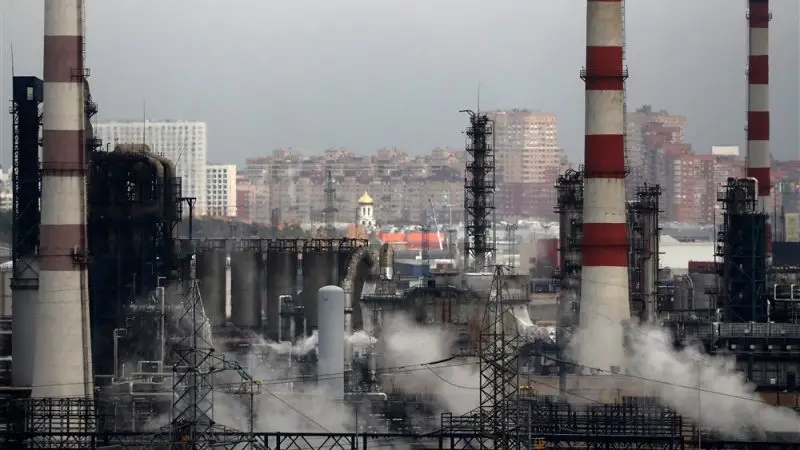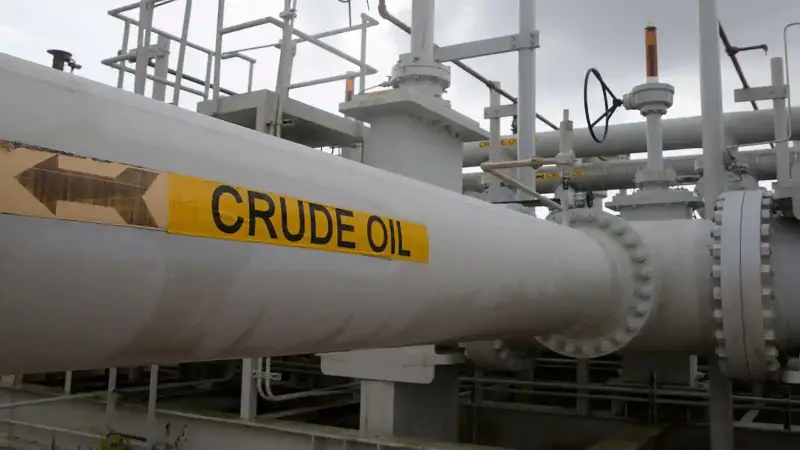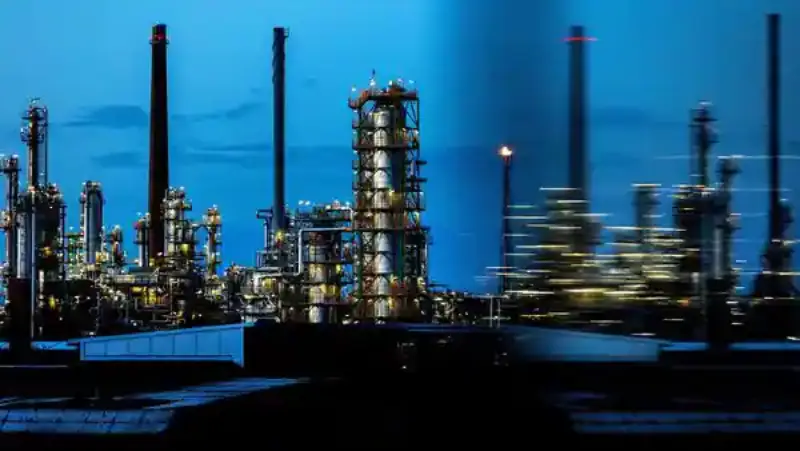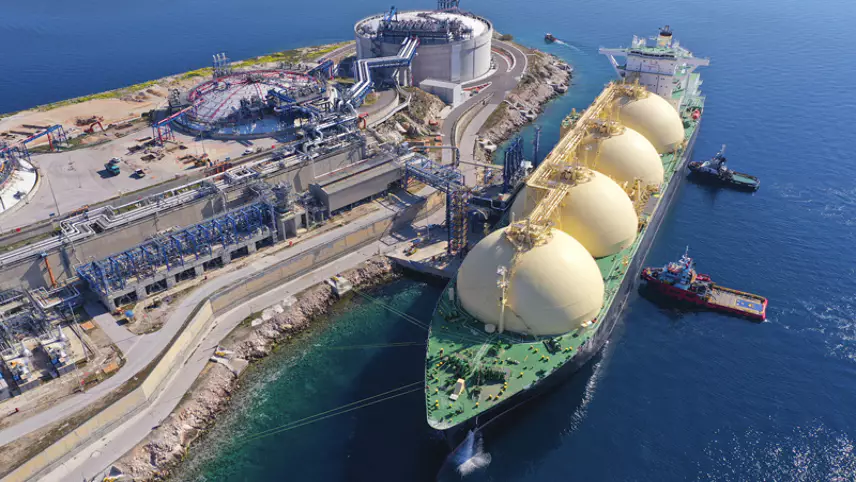EU Imposes 60 USD Market Cap On Russian Crude Oil Imports
5 min read
The European Union is trying to turn the screws on Russia’s energy industry on Wednesday by imposing a 60-euro surplus price cap per 100 kg that covers Russian crude oil imports for those countries who belong to the European Union (EU). The EU imports about a quarter of Russia’s crude, and this is an attempt to make it difficult for Russia to profit from oil products because all profits will be counted in euro and converted at official exchange rates.
Table of Contents
What is the European Union?
The European Union has imposed a market cap on Russian crude oil imports in an attempt to thwart the Kremlin’s plans to bypass Western sanctions. The move is likely to have a significant impact on Russia’s economy, as it is heavily reliant on oil exports.
The EU’s decision comes in response to Russia’s attempts to skirt around Western sanctions by selling oil to European countries through Belarus. Belarusian state-owned energy company Belneftekhim has been selling Russian oil to European buyers at a discount, which has allowed Russia to circumvent the sanctions.
In response, the EU has now capped the amount of Russian crude that can be imported into Europe. The move is likely to hit Russia’s economy hard, as it is heavily reliant on oil exports.
The sanctions come as tensions between the West and Russia continue to simmer over the latter’s involvement in the Ukraine conflict. The EU insists that the sanctions are not intended to hurt the Russian people, but are instead targeting those individuals and businesses that support Vladimir Putin’s government.
Why does the EU impose a cap on Russian Crude Oil imports?

1. The EU imposes a cap on Russian crude oil imports in order to prevent Russia from using its energy resources as a geopolitical weapon.
2. Russia has used its energy resources as a geopolitical weapon in the past, and the EU wants to prevent it from doing so in the future.
3. The EU believes that capping Russian crude oil imports will help to reduce Russia’s influence over Europe.
4. Capping Russian crude oil imports will also help to create a level playing field for European oil companies.
5. The EU hopes that capping Russian crude oil imports will encourage Russia to diversify its economy and become less reliant on oil and gas exports.
How does this affect the Russian oil industry?
The EU has decided to place a USD market cap on Russian crude oil imports in order to contain Vladimir Putin’s “revisionist ambitions.” The EU believes that this will reduce the risk of Russian aggression and protect European energy security.

This decision will have a significant impact on the Russian oil industry. Firstly, it will limit the amount of oil that can be exported to Europe, which is one of Russia’s main export markets. Secondly, it will likely lead to a drop in the price of oil, as European buyers will no longer be willing to pay the high prices that Russia has been charging. This could have devastating consequences for the Russian economy, which is heavily reliant on oil exports.
How does this affect the energy markets?
The European Union has imposed a USD market cap on Russian crude oil imports in an attempt to address the issues surrounding energy security and market manipulation. This decision was made in response to Russia’s actions in the Ukrainian crisis, which has led to significant disruptions in Europe’s energy supply.

This move is likely to have a significant impact on global energy markets, as Russia is one of the world’s largest oil producers. It is estimated that this measure could reduce Russian exports by up to 20%. This would lead to higher prices for oil and gas around the world, as well as increased competition for market share amongst other major producers.
In the short term, this decision may cause some disruption to global energy markets. However, it is hoped that in the long term it will help to create a more stable and secure market for Europe and beyond.
How does this affect the European energy sector and their domestic supplies of liquid hydrocarbon fuels?
The European Union (EU) has imposed a USD market cap on Russian crude oil imports in an attempt to curb Russia’s monopoly over the European energy sector. This limit will be effective from October 1st, 2019 onwards and will apply to all EU member states. The move is likely to hit Russia’s state-owned oil companies, Rosneft and Lukoil, the most as they rely heavily on exports to Europe for their revenues.

The market cap is expected to have a significant impact on European energy supplies as it will effectively limit the amount of Russian crude oil that can be imported into the EU. This could lead to higher prices for liquid hydrocarbon fuels in Europe as demand outstrips supply. The measure is also likely to result in increased competition between Russia and other suppliers of crude oil, such as Saudi Arabia and Iraq, for market share in Europe.
Overall Conclusion
It is evident that the EU has imposed a USD market cap on Russian crude oil imports in an attempt to restrict the country’s economic development. This act may have been motivated by political reasons, as the EU seeks to maintain its own dominance in the global marketplace. However, it is also possible that the EU believes that Russia’s oil production is not sustainable and wants to prevent the depletion of this natural resource. Regardless of the reasoning behind this decision, it is clear that the EU has taken a decisive step in limiting Russian economic growth.







